2023 Symposium | Session, Digital Twin
Wu Tsai Human Performance Alliance Research Symposium
Digital Twins to Optimize Training, Equipment, and Recovery
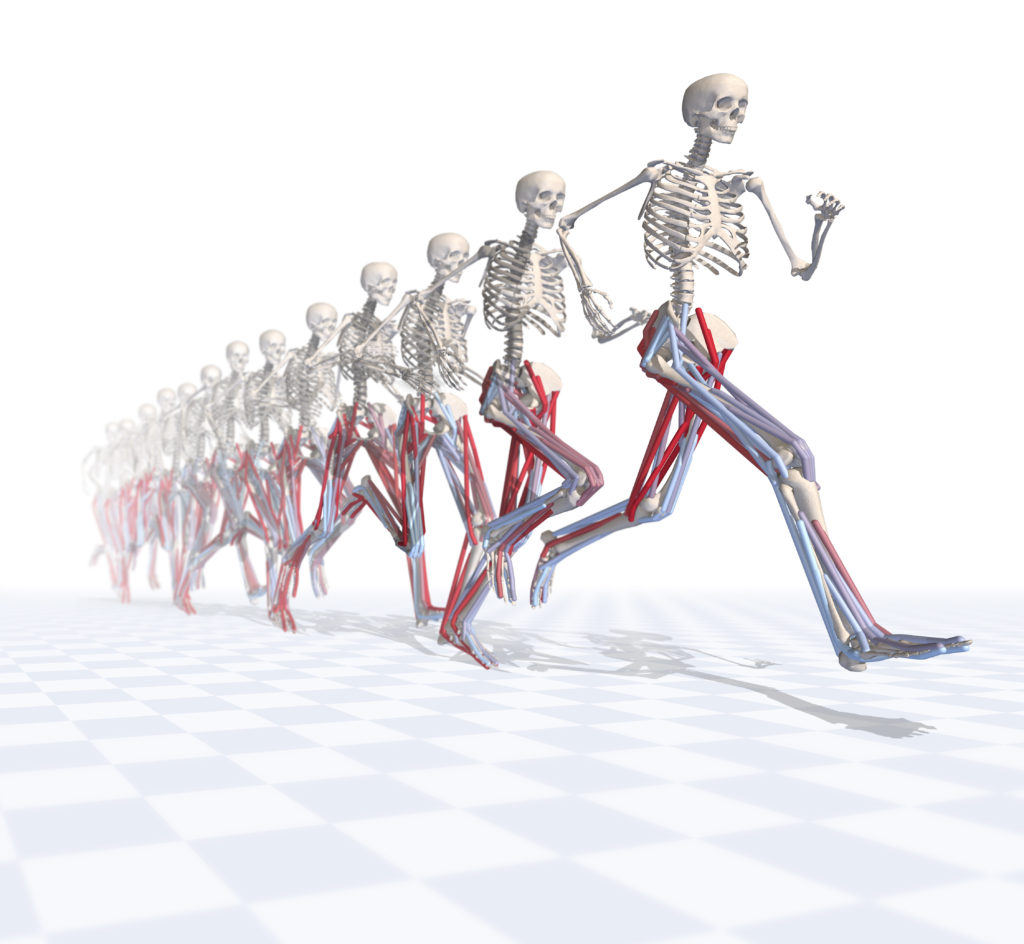
Advances in computational modeling, wearable sensing, and device design are enabling researchers to create digital twins that provide personalized insights to optimize training plans, customize equipment and devices, and support recovery from injuries.
In this session, speakers will share the latest advances in computational models of the neural and musculoskeletal systems, including how simulations are becoming more accessible through advances in computer vision and other machine learning approaches. Simulations that previously required tens of thousands of dollars of equipment or weeks of expert tuning can now be created more quickly and inexpensively with a smartphone video and machine-learning trained controllers. With accurate, expressive, and accessible models, researchers can then tackle problems like designing wearable assistance devices that improve training and recovery or VR training programs to improve performance. New wearable sensor technology combined with omics data can help uncover new relationships between training, performance, and health in athletes and all people, and in turn, create more insightful and actionable digital twins.
Moderator
Ellen Kuhl, PhD | Stanford University
Ellen Kuhl, PhD, is the Walter B. Reinhold Professor in the School of Engineering and Robert Bosch Chair of Mechanical Engineering at Stanford University. Her expertise is in living matter physics–the design of theoretical and computational models to simulate and predict the behavior of living systems. Dr. Kuhl has published more than 200 peer-reviewed journal articles and has published a textbook on Computational Epidemiology and Data-Driven Modeling of COVID-19. Dr. Kuhl is a founding member of the Living Heart Project, current Chair of the US National Committee on Biomechanics, and a Member-Elect of the World Council of Biomechanics. She received the National Science Foundation Career Award in 2010, the Humboldt Research Award in 2016, and the ASME Ted Belytschko Applied Mechanics Award in 2021. Dr. Kuhl is a three-time All American triathlete, a marathon runner, and a two-time Kona Ironman World Championship qualifier.

Learning Motor Skills from Demonstration and Exploration
Karen Liu, PhD | Stanford University
C. Karen Liu, PhD, is an Associate Professor in the Computer Science Department at Stanford University. Dr. Liu’s research interests are in computer graphics and robotics, including physics-based animation, character animation, optimal control, reinforcement learning, and computational biomechanics. She developed computational approaches to modeling realistic and natural human movements, learning complex control policies for humanoids and assistive robots, and advancing fundamental numerical simulation and optimal control algorithms. Dr. Liu received a National Science Foundation CAREER Award and an Alfred P. Sloan Fellowship, and was named one of the Young Innovators Under 35 by Technology Review. In 2012, Liu received the ACM SIGGRAPH Significant New Researcher Award for her contribution to the field of computer graphics.

What Do Wearable Assistance Devices Have to Do with Digital Twins?
Karl Zelik, PhD | Vanderbilt University
Karl Zelik, PhD, is an Associate Professor of Mechanical Engineering at Vanderbilt University, where he co-directs the Center for Rehabilitation Engineering and Assistive Technology. He is also the co-founder and Chief Scientific Officer of HeroWear, a workforce wearables company that makes back-relieving exosuits to support workers in logistics, manufacturing, and other physically demanding jobs. Dr. Zelik serves on the Board of a non-profit called the American Bionics Project, which seeks to accelerate the development and adoption of revolutionary new technologies for people with lower-limb disabilities. His overarching mission is to improve health, mobility, and independence for individuals with physical disabilities and to enhance human performance and well-being through advances in movement science and assistive technology.
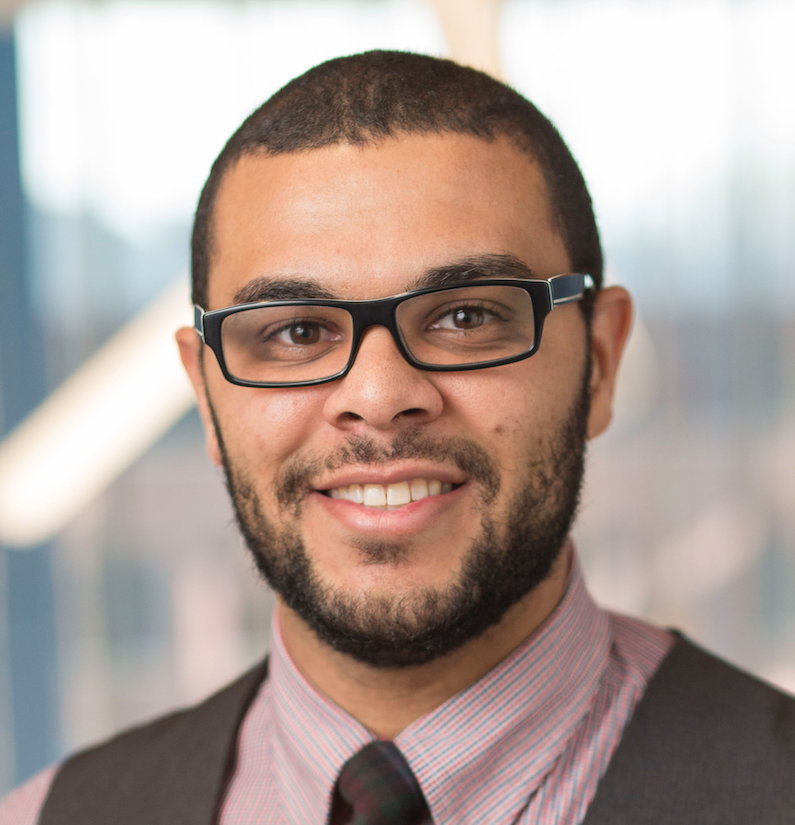
Visual Expertise in Athletes: Implications for Performance and Training
Greg Appelbaum, PhD | UC San Diego
Greg Appelbaum, PhD, is a Professor in the Department of Psychiatry at the University of California, San Diego, where he is head of the Human Performance Optimization Lab and Research Director for the Interventional Psychiatry Program. Dr. Appelbaum’s research addresses human neuroplasticity and learning, with a focus on approaches, such as neurostimulation and neurofeedback, to augment or expedite learning. This research includes the use of behavioral psychometrics, electroencephalography (EEG), functional magnetic resonance imaging (fMRI), transcranial magnetic stimulation (TMS), transcranial direct current stimulation (tDCS), wearables, and virtual reality. Dr. Appelbaum’s research has been continually supported by grants from the NIH and the Department of Defense, leading to over 90 articles and book chapters, and numerous industry collaborations with groups such as Nike, USA Baseball, and the New York Mets.
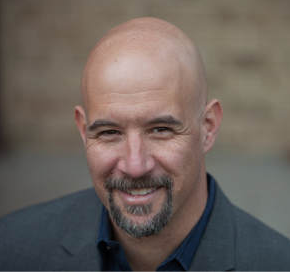
Comprehensive Remote Monitoring Using Omics and Wearables
Michael Snyder, PhD | Stanford University
Michael Snyder, PhD, is the Stanford B. Ascherman Professor, Chair of Genetics, and Director of Genomics and Personalized Medicine at Stanford University. He is a leader in the field of functional genomics and proteomics, and one of the major participants of the ENCODE project. He has combined different state-of-the-art “omics” technologies to perform the first longitudinal detailed integrative personal omics profile (iPOP) of a person and used this to assess disease risk and monitor disease states for personalized medicine. Dr. Snyder is the co-founder of 16 biotech companies, including Personalis, SensOmics, Qbio @qbioinc, January AI, Filtricine, Mirvie, Protos, Marble Therapeutics and Iollo. Dr. Snyder presently serves on the board of a number of companies and is the author of the book ‘Genomics and Personalized Medicine: What Everyone Needs to Know’.

OpenCap: Motor Control and Musculoskeletal Forces From Smartphone Videos | Demo 1
Lightning Talk
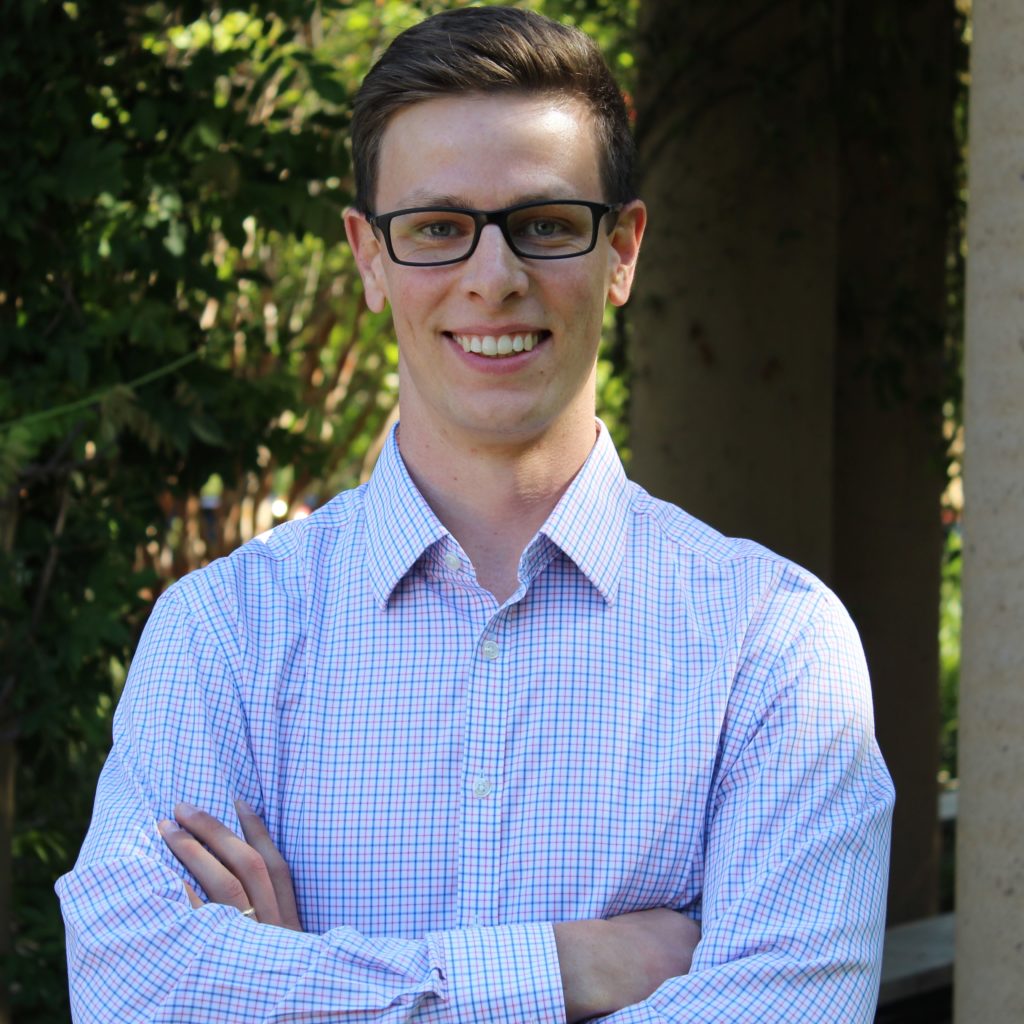
Comparison of Hamstring Kinematics During Accelerative vs Non-accelerative Running | Poster 31
Lightning Talk
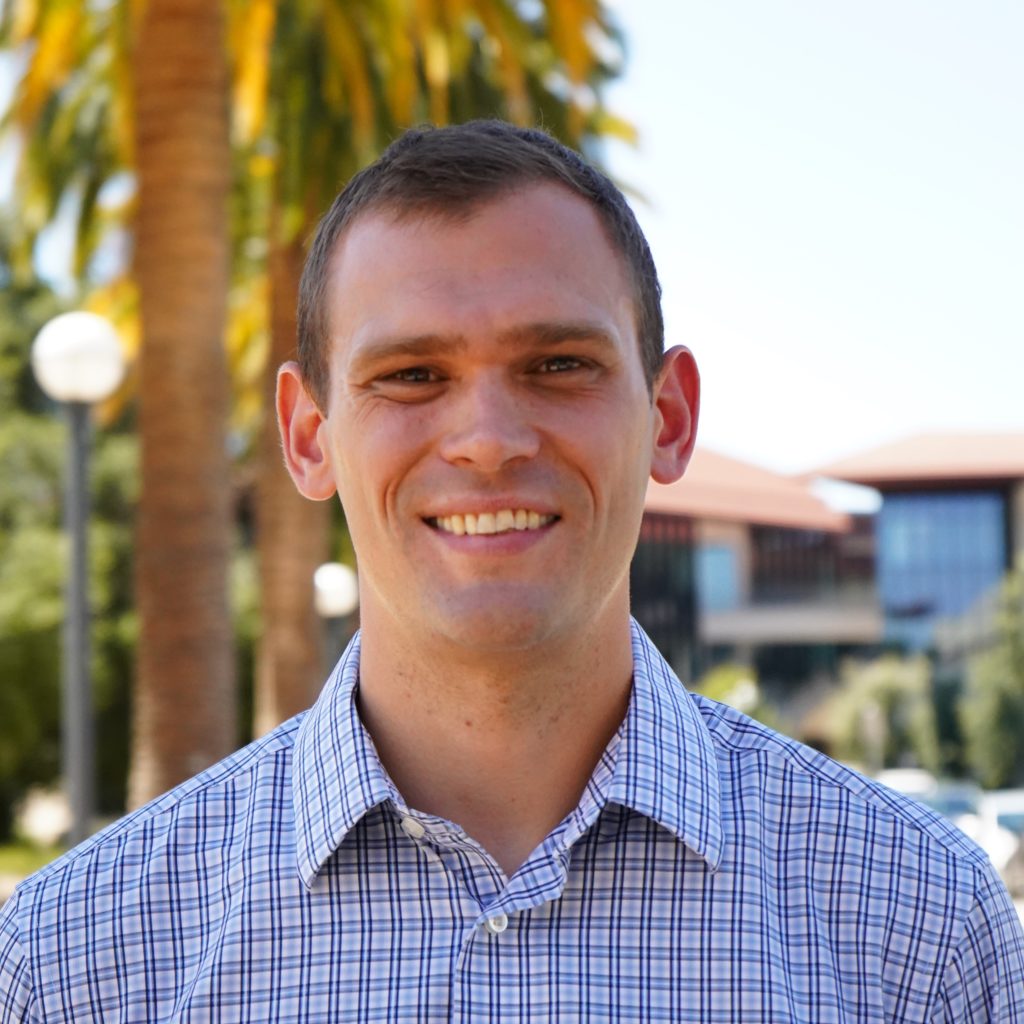
Get Engaged
Join our mailing list to receive the latest information and updates on the Wu Tsai Human Performance Alliance.




